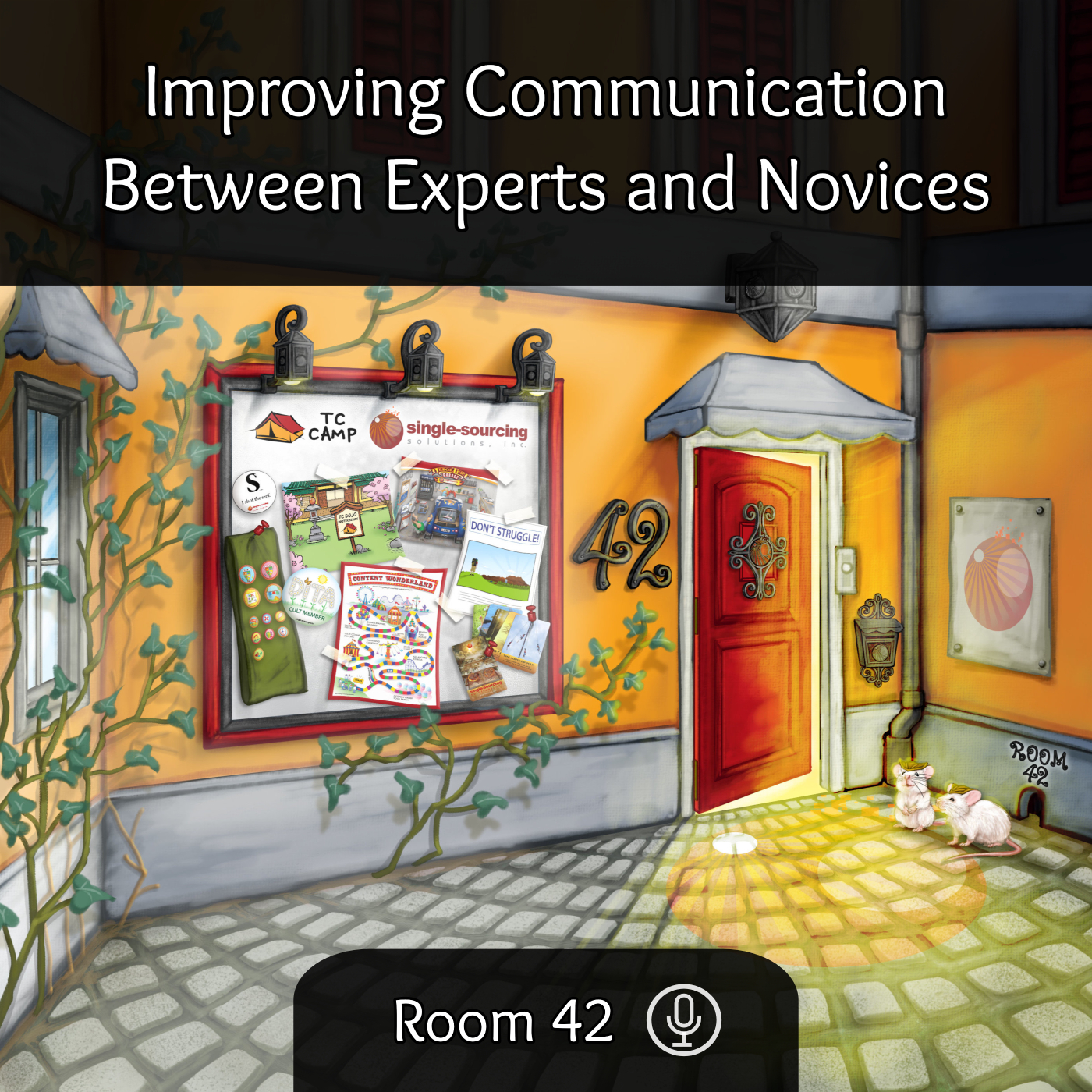- Technology
- SEE MORE
- classical
- general
- talk
- News
- Family
- Bürgerfunk
- pop
- Islam
- soul
- jazz
- Comedy
- humor
- wissenschaft
- opera
- baroque
- gesellschaft
- theater
- Local
- alternative
- electro
- rock
- rap
- lifestyle
- Music
- como
- RNE
- ballads
- greek
- Buddhism
- deportes
- christian
- piano
- djs
- Dance
- dutch
- flamenco
- social
- hope
- christian rock
- academia
- afrique
- Business
- musique
- ελληνική-μουσική
- religion
- World radio
- Zarzuela
- travel
- World
- NFL
- media
- Art
- public
- Sports
- Gospel
- st.
- baptist
- Leisure
- Kids & Family
- musical
- club
- Culture
- Health & Fitness
- True Crime
- Fiction
- children
- Society & Culture
- TV & Film
- gold
- kunst
- música
- gay
- Natural
- a
- francais
- bach
- economics
- kultur
- evangelical
- tech
- Opinion
- Government
- gaming
- College
- technik
- History
- Jesus
- Health
- movies
- radio
- services
- Church
- podcast
- Education
- international
- Transportation
- Other
- kids
- podcasts
- philadelphia
- Noticias
- love
- sport
- Salud
- film
- and
- 4chan
- Disco
- Stories
- fashion
- Arts
- interviews
- hardstyle
- entertainment
- humour
- medieval
- literature
- alma
- Cultura
- video
- TV
- Science
- en
Improving Communication Between Experts and Novices

Dr. Diana Awad Scrocco is an Associate Professor of English at Youngstown State University where she teaches graduate and undergraduate courses in professional and technical writing, writing pedagogy and research methods, and healthcare communication. She is currently the director of the Professional and Technical Writing Program. Before coming to Youngstown State University, she earned a Ph.D. in Literacy, Rhetoric, and Social Practice from Kent State University and collaborated with Joanna Wolfe at Carnegie Mellon University to establish the first communication center on the campus.
Dr. Awad Scrocco’s recent research has appeared in Praxis: A Writing Center Journal, Journal of Argumentation in Context, and Communication and Medicine. Her 2012 article in Teaching English in the Two-Year College titled, “Do You Care to Add Something? Articulating the Student Interlocutor’s Voice in Writing Response Dialogue,” examines how written teacher comments on student drafts can encourage student writers to consider plans for revision; this article won the 2013 Mark Reynolds TETYC Best Article Award. Currently, she is working on a project exploring how experienced tutors support novice tutors while using an innovative tutoring model at the Carnegie Mellon writing center. Her article titled, “What’s Your Plan for the Consultation? Examining Alignment Between Tutor-Supervisor Session Plans and Tutor-Writer Session Conversations” is currently under review.
Although Dr. Awad Scrocco conducts research in a range of academic and professional settings, including the composition classroom, writing center, and teaching hospital, the common thread running through these research contexts is expert-novice interaction and feedback. For instance, an article from her dissertation research on preceptor-resident physician conversations in a teaching hospital analyzes how expert physicians draw on common lines of argument to explicate notions and engage novices in clinical deliberation. Another publication from this study investigates how expert physicians actively engage novices in clinical decision-making by using guided, open-ended questions, proposals, and assessments. Dr. Awad Scrocco’s research suggests that expert feedback across diverse contexts includes some common features, providing insight into how experts can engage novices in learning irrespective of the teaching environment.
For transcript, links, and show notes: https://tccamp.org/episodes/improving-communication-between-experts-and-novices